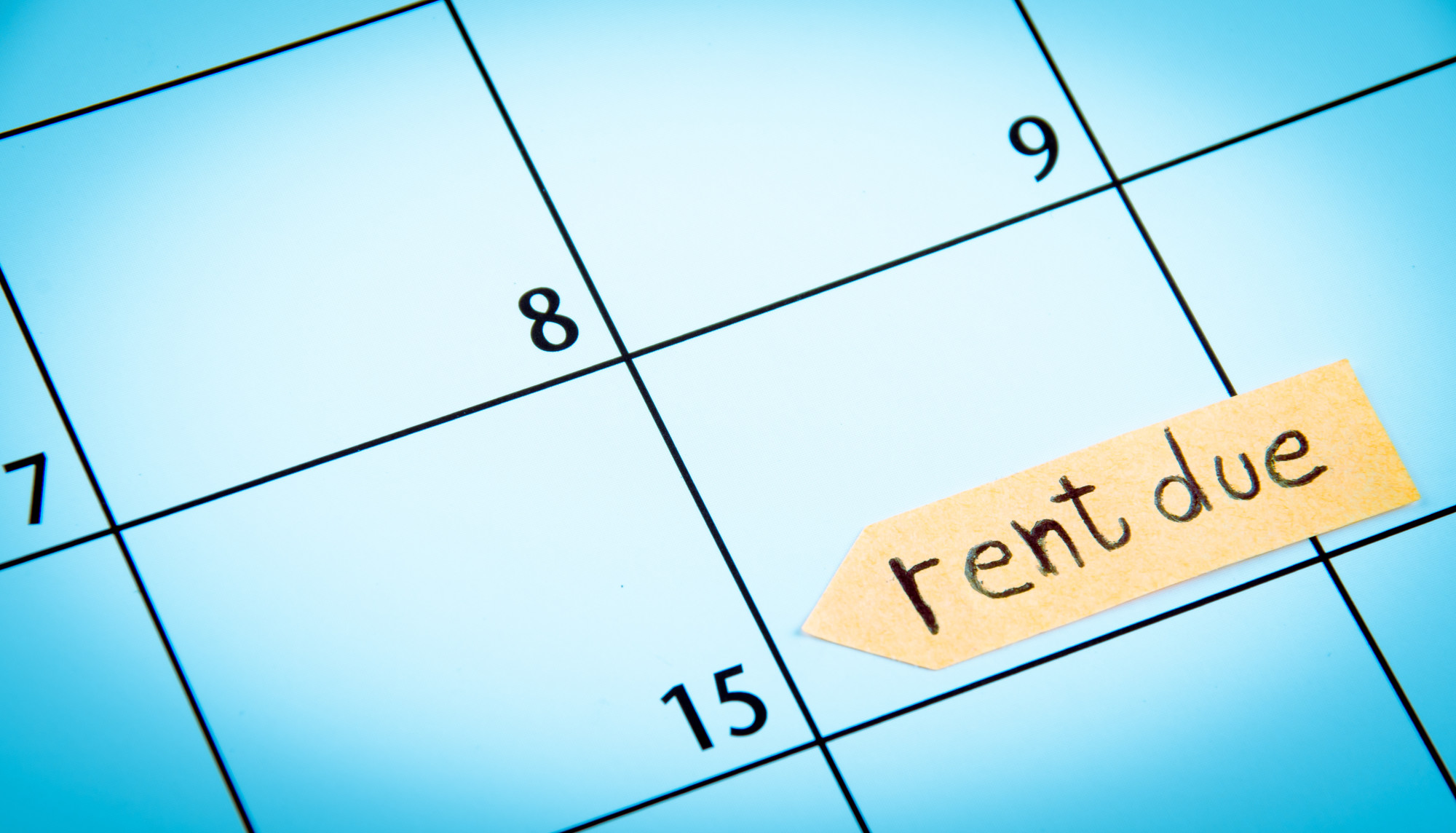
As a renter, it’s only natural to wonder how much of your income should go to rent. With your salary, bills, and other expenses, it can be confusing to know how much you can afford.
While there are general guidelines to follow, not everyone has a one-size-fits-all number. To help you plan, we’ll go over some tips and guidelines to keep you on track.
From how much of your paycheck should go to rent to how to save more money, this guide has you covered. We’ll go over everything you need to know about rent and your monthly budget.
The 30% Rule: How Much Should I Spend on Rent?
The 30% rule is a financial rule of thumb where no more than 30% of your income goes to your housing expenses. With this rule, if your gross income is $5,000 a month, you shouldn’t be paying any more than $1,500 a month on rent and housing expenses.
When you go to make your housing budget, consider this rule in your planning. You’ll want to include any extra fees for parking or utilities. If your rent is $1,500 plus $200 for parking, that puts you at $1,700 in total.
You will also need to include gas, electricity, and other utilities. If your goal is $1,500, a rent of $1,200 plus utilities is a good benchmark.
When you apply for an apartment, your landlord will also look at this ratio to determine if you can afford the rent. This general rule helps show landlords that you can safely pay rent on time each month.
The 30% Rule Isn’t Right for Everyone
The 30% rule doesn’t always work in every situation. If you have student loans, for example, it can be almost impossible to cover rent in addition to a large student loan bill. The same goes for credit card and other debt.
This rule also doesn’t take inflation, the housing market, and rental rates into consideration. Rent in certain places is extremely expensive. In other areas, housing is a lot more affordable.
If you have a higher income, the 30% rule isn’t always the best idea. Just because you earn six figures doesn’t mean you need to spend 30% of your income on rent. You’d be better off saving that money for a down payment or retirement.
This is a good ratio to start with if you’re trying to live on a budget. It helps to make sure you’re able to pay rent, your other bills, and still stay on top of your finances.
How to Save Money on Rent
If you’re worried your rent will be more than 30% of your income, there are ways to stay within budget. The first way to make rent more affordable is to get a roommate. You and your roommate can split the rent as well as utilities.
If you’re renting a house, you can be the landlord. Rent out an extra room or two to save on rent. You can also share food and even carpool to save money.
If you need to save more money on rent, speak with your landlord about a longer lease term. In some cases, your landlord will give you a deal on rent if you sign for two years instead of one.
You can also ask your landlord if they need any work done as a tradeoff. If they can knock some money off your rent, you could wash floors in the lobby or do landscaping. Anything you can offer your landlord as a service can help save money.
When you’re out of town, you could also rent your apartment out on a vacation rental site. The income you make could help offset some of your rent.
Where to Save in Other Ways
If money is tight, there are other ways to save money. First, you should write out all of your income and expenses. This will help you determine how much you have left for rent.
Check out everything you’re paying for currently. Things such as entertainment and eating out can be cut if needed. You may even find subscriptions or services you aren’t using anymore.
If you can, cook meals at home. Make your own coffee and bring your own lunch. You’ll be surprised at how much money you can save.
You can also look to pay off your debt. Paying off credit cards or small bills will help lower your monthly expenses.
When choosing your apartment, if you find you’re going over budget, your location can save you money in other ways. An apartment close to public transportation could mean you can sell your car.
If you can take public transit to work, you can save on car payments, parking, and car insurance. If rent is more expensive but it includes amenities such as a fitness center, you’ll save money on gym memberships.
How Much of Your Income Should Go to Rent?
So how much of your salary should go to rent? The answer to this question isn’t going to be the same for everyone. Depending on where you live and how much your other bills are, there isn’t always a magic number.
How much of your income should go to rent? Keep the 30% rule in mind and use your best judgment. Keep your living expenses down and keep saving when you can.
If you need access to cash to pay off debt or pay rent quickly, fill out the contact form here. You’ll be put in touch with a loan professional who can show you different options.
